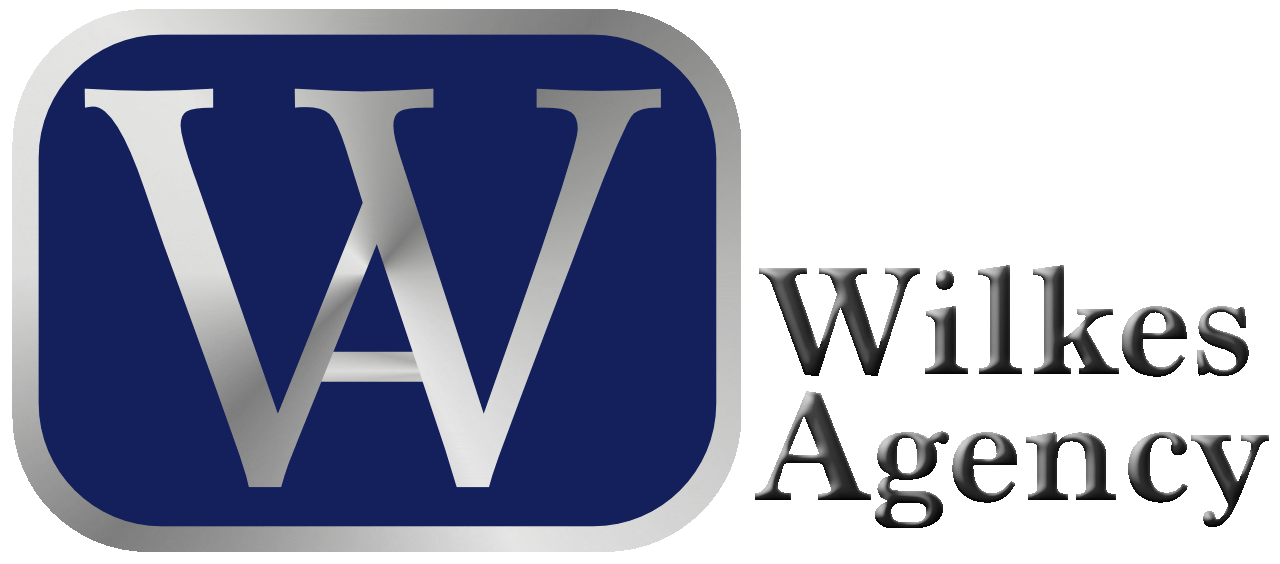Health Insurance & Domestic Violence-What it means for survivors
If you've experienced spousal domestic violence, you may be eligible for special enrollment in the federal marketplace, allowing you to enroll in or change your healthcare coverage outside of the typical open enrollment period. This applies if you are separating from your spouse and there was any kind of domestic violence in the relationship.
Under the Affordable Care Act (ACA), victims of domestic abuse qualify for special enrollment, meaning they can enroll in a health insurance plan through the federal marketplace outside of the regular enrollment period. This allows individuals to access healthcare coverage when they need it most, without having to wait for the next open enrollment period. In an effort to help DV survivors, you also do not have to use your spouses income on the application usually making the insurance more affordable.
To qualify for special enrollment due to abuse, you may need to provide documentation or attest to the fact that you've experienced abuse. This could include a police report, court order, or other forms of documentation. However, you don't need to provide documentation if it would put you at risk. In such cases, you can request special enrollment and attest to your situation.
If you're in need of health insurance and are getting out of an abusive relationship, Teresa can help guide you through the enrollment process and provide assistance in understanding your options. Additionally, there may be local resources and organizations that can provide support and guidance specific to your situation.
Abuse is never ok, if you or someone you know are experiencing abuse please reach out to the Domestic Violence Hot Line at 800-799-7233.












